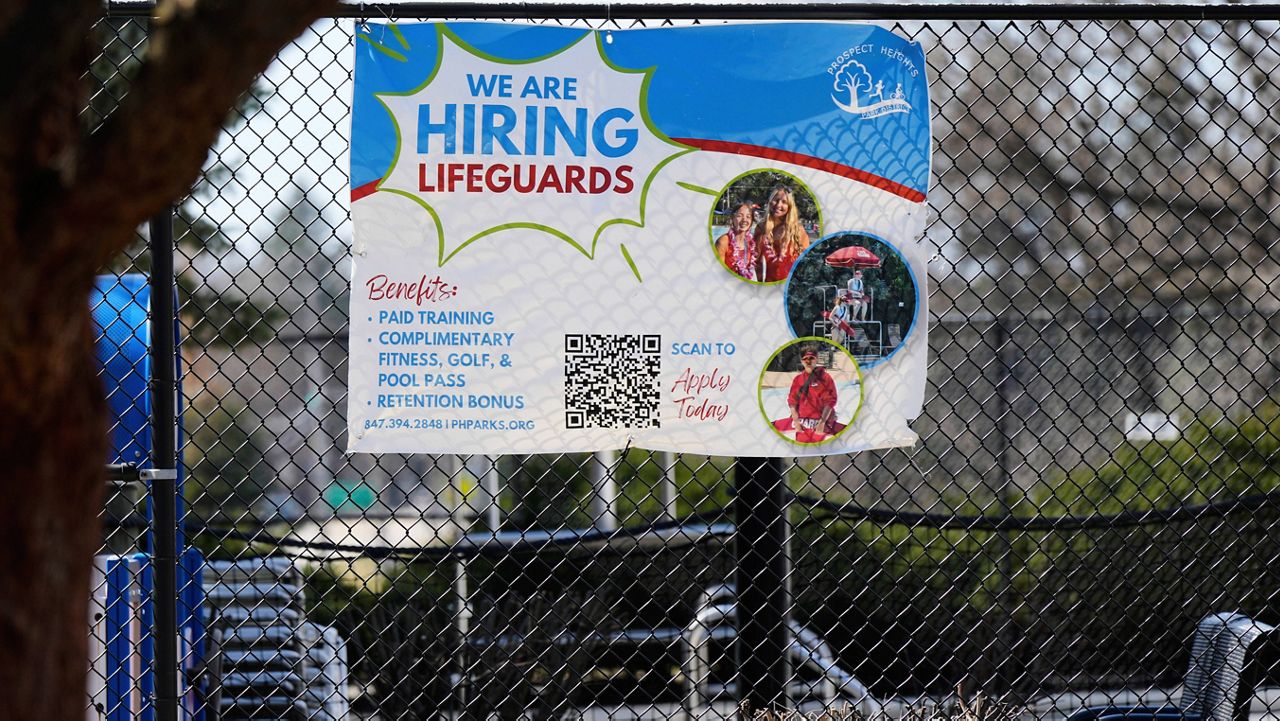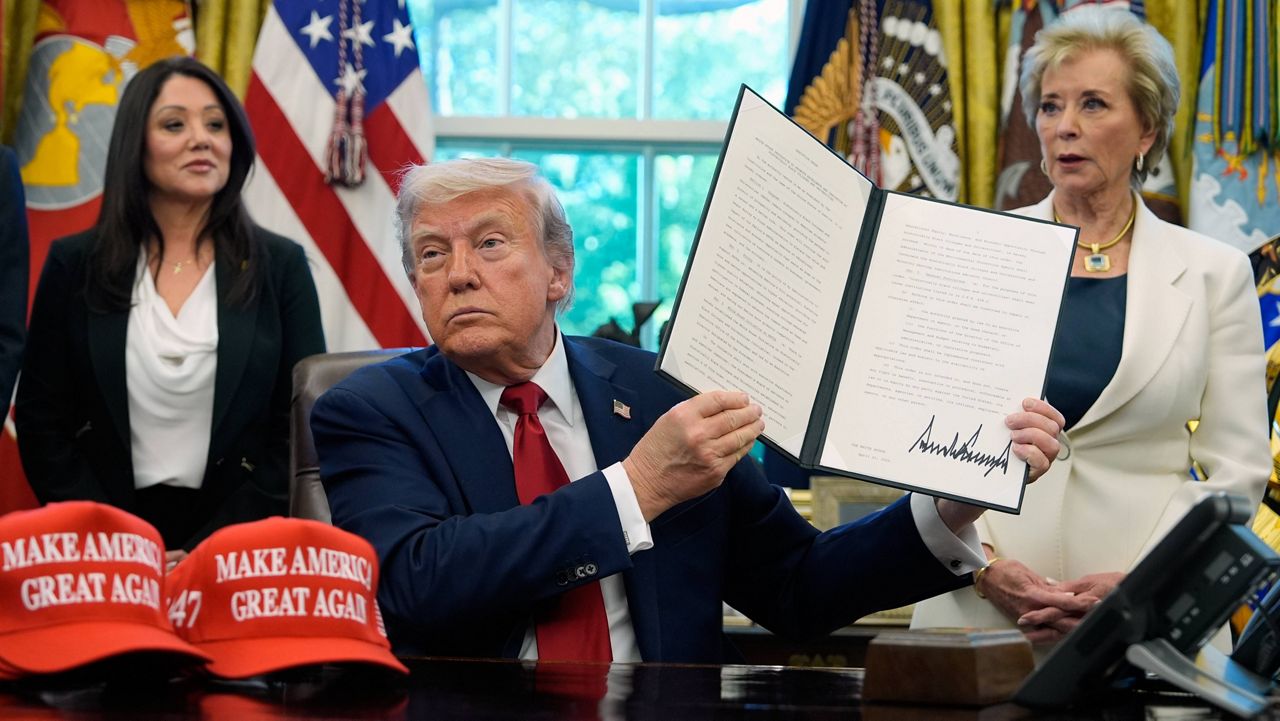Massachusetts Attorney General Andrea Campbell has emerged as one of the biggest legal opponents of the Trump administration. Since President Donald Trump’s inauguration, her office has filed 12 lawsuits.
What You Need To Know
- Massachusetts Attorney General Andrea Campbell has emerged as one of the biggest legal opponents of the Trump administration
- Since President Donald Trump’s inauguration, her office has filed 12 lawsuits
- She sat down with Spectrum News on Tuesday to explain how she sees her role as a blue-state AG in the era of Trump
- The many lawsuits from AGs such as Campbell have been blasted by the Trump administration as “obstruction"
“I see this as a moment in time to step up and truly exercise leadership and courage,” she said. “And if we don’t, we’ll have a country we don’t recognize.”
Campbell became attorney general in 2023 after serving on the Boston City Council, including as president of the council. She sat down with Spectrum News on Tuesday to explain how she sees her role as a blue-state AG in the era of Trump.
“It is absolutely blue-state AGs that are on the frontlines of everything that is coming out of this administration that is unlawful, at times unethical and I think immoral,” she said.
The interview came as the Supreme Court handed down yet another legal victory for the Trump administration. On Tuesday, the justices reversed a lower court order that 16,000 probationary federal workers be rehired.
This came after the high court gave the administration the green light to use a wartime authority to speed up deportations Monday and allowed for certain education grants to be blocked Friday.
“I still have faith in our entire system,” Campbell said. “Don’t get me wrong — I’m not naive to the fact that we’re in a dangerous situation.”
The many lawsuits from AGs such as Campbell have been blasted by the Trump administration as “obstruction.” A spokesperson for the White House pushed back on the lawsuits in a statement to Spectrum News.
“Radical, out-of-touch Democrats should clean up the disasters they’ve created in their own states before trying to promote their failed policies to the rest of America,” the spokesperson said.
Among the many lawsuits filed by Campbell’s office are challenges to the firing of federal probationary workers, the attempted dismantling of the U.S. Education Department and an executive orders to protect the “integrity” of federal elections.
Last week, Campbell joined 15 other attorneys general in challenging the Trump administration’s attempt to cut grant funding for the National Institutes of Health.
“I won’t allow the Trump administration to take unlawful actions that play politics with our public health,” Campbell said in the press release announcing the lawsuit.
When asked if she feared retaliation for her vocal criticism of the administration, Campbell referenced her past “trials and tribulations.” When she was just 8 months old, her mother died in a car crash. Since her father was serving time in prison, she was forced to live in foster care for years.
According to her AG biography, her two brothers “cycled in and out of the prison system” and her twin brother, Andre, died while in custody of the Department of Corrections.
“It is my job to use every power in this office to protect my residents,” Campbell said. “Especially the most vulnerable.”
To pay for this flurry of lawsuits, Campbell is asking for more funding in the next state budget. Her office is requesting $82.7 million for FY2026, a jump of over $5 million compared to FY2025.
“My push for the Legislature and the administration to give us more resources is to allow us to hire more lawyers and more staff to fill the gap where the federal administration is walking away and, of course, to protect our residents,” she said.
The current governor of Massachusetts, Maura Healey, was AG before Campbell took over in 2023. Campbell deflected back to her current position, when asked if she was interested in higher office down the road.
“I love my job,” she said. “And like I said, it’s a blessing to be an AG right now. Especially if we’re using it for all the right things — to protect our people — and doing it with a sense of courage.”












